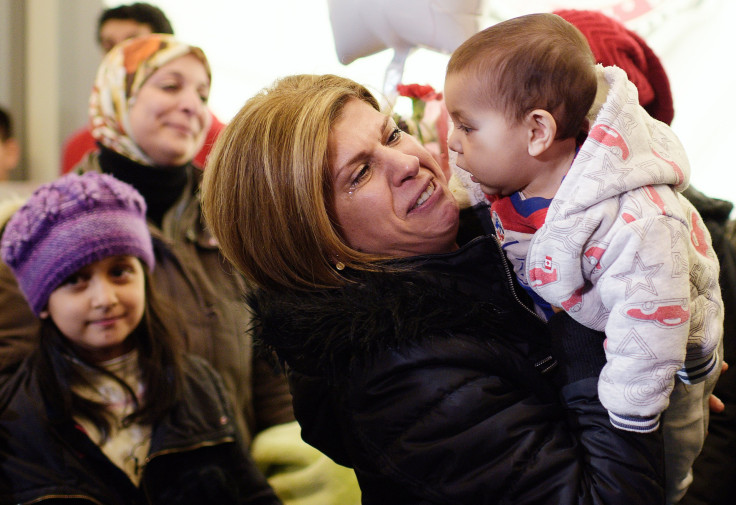Canada refugee’s business: Drowned Syrian boy Alan Kurdi’s family starts hair salon

Alan Kurdi, the three-year old Syrian boy, who made headlines with his tragic drowning last year, is back in news. Kurdi’s body was washed up on a Turkish beach in September 2015 as the Syrian migrants were fleeing to Europe. Now the news is about his family’s new business in Canada.
Recently, late Alan’s aunt Tima Kurdi and her brother Mohammad opened a hair salon in Port Coquitlam, BC in Canada. This was preceded by the family reunion on Dec. 28, when Mohammad Kurdi, his wife and five children arrived in Canada after Tima and four others pooled CA$5,000 (AU$4992) each to sponsor the family’s stay in Canada, reports CBC news.
Mohammad and his family left Syria three years ago, where he was running a salon business. In Canada, he is ready to get into the same business with the backing of his sister. The salon has been aptly named as Kurdi Hair Design.
“Hard work to bring it to succeed, I'm very happy,” Mohammad told CBC news.
He added that he is happy in Canada as he could see the family coming together again. He called it a “very beautiful feeling.”
New dawn in life
During the opening ceremony, many well wishers and friends were invited. Even strangers dropped by and offered their well wishes.
“I don't think our kids could ever understand what these kids have been through,” said Rayleen Zanatta, a local Canadian, who does not know Kurdi’s family but wanted to donate clothes and gifts to help them establish in Canada.
Tima said her family is in awe of all the support from Canadians and said her brother would do his best to grow the new business.
“We like to work and to bring our life together, work very hard to support our family,” Mohammad said.
Mohammad is planning to enroll children in school and the entire family will be registering for English classes as well.
Reluctant Syrians
However, all migrant Syrians are not excited at a Canadian residential permit. A sizable number of Syrians are turning down the chance to become permanent residents of Canada.
“Some families are still hoping to return home, others are concerned about their ability to integrate into another country – including learn the language,” said Aoife McDonnell, an external relations officer at the Office of the United Nations High Commissioner for Refugees (UNHCR) in Jordan, reports Globe and Mail.
A woman refugee, al-Kasem said even in the move from Syria to Jordan, her family lost some connection to the religion. So, going to Canada poses a challenge.
“How can I raise my little sisters in a language and culture I don’t understand,” she asked.
Al-Kasem’s father was working as a government employee and was affluent in Syria. But in Jordan, they are struggling to make the two ends meet. Still, Jordan is more comfortable for them as chances of going back to Syria and rebuilding the home is a brighter option as and when the civil war ends.
At the same time, many informed families are taking up offers to resettle in Canada, even if those with less information are declining it. For many Syrian refugees, Canada is a choice despite the fear of the unknown. They are ready to overcome that fear with the desire to give children a better life, noted UNHCR’s McDonnell.





















